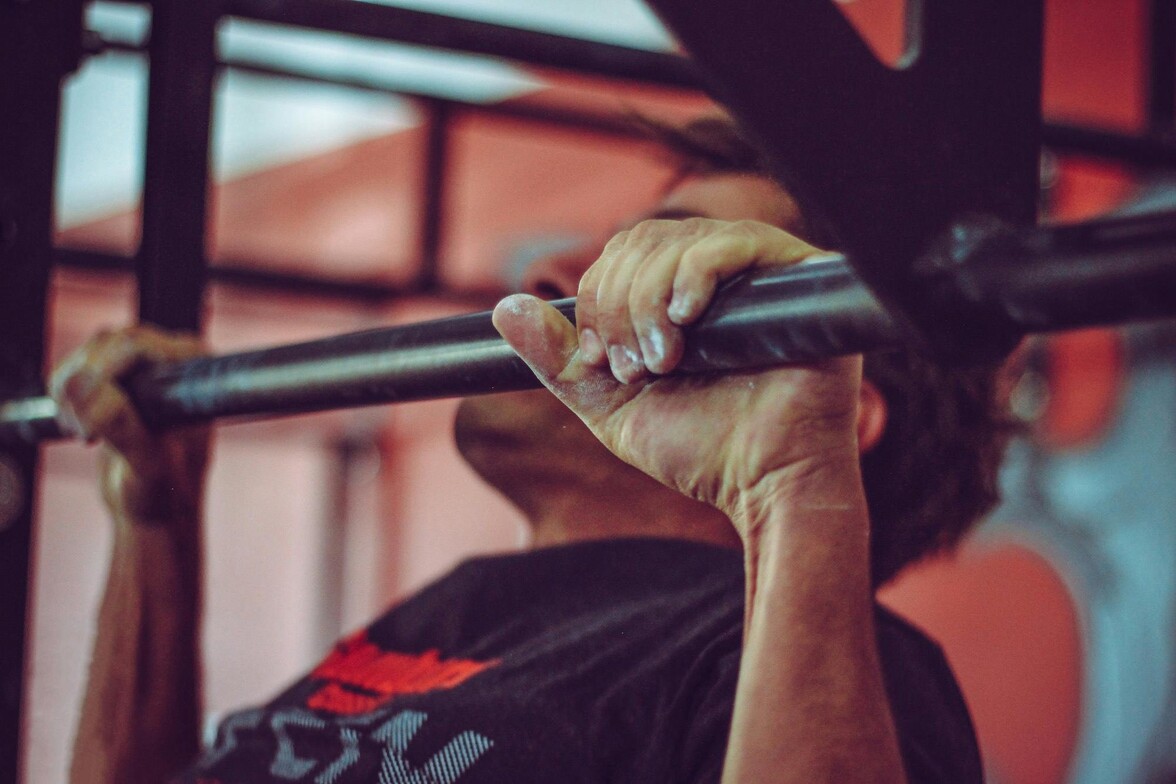
Exercise is one of the most powerful tools for hormone health and not just for building muscle or burning fat. The way you move your body directly affects key hormones like testosterone, cortisol, insulin, and growth hormone. And the benefits differ depending on the type of exercise you choose.
Whether you're looking to support your energy, mood, metabolism, or long-term health, understanding the hormonal impact of cardio vs. strength training can help you choose the right approach for your goals.
Let’s break it down.
Cardio & Male Hormones
Think: walking, running, cycling, swimming, hiking, HIIT, or endurance training.
Hormonal Benefits:
Improves insulin sensitivity
Cardio helps your body better regulate blood sugar by increasing insulin sensitivity. This supports energy, metabolism, and a healthy body composition especially if you’re dealing with abdominal weight gain or signs of insulin resistance.
Modulates cortisol
Moderate-intensity cardio (like walking, jogging, or cycling) helps lower chronically elevated cortisol levels. However, excessive or intense endurance training without recovery can do the opposite, raising cortisol and potentially impacting testosterone levels.
Boosts endorphins and mood
Cardio increases endorphins and serotonin, which helps with mood regulation, mental clarity, and motivation which are key for managing stress, especially during high-demand periods.
Supports cardiovascular health and circulation
Cardio supports blood flow, blood pressure, and endothelial health, which are all vital for erectile function and testosterone delivery throughout the body.
Improves testosterone indirectly
While cardio doesn’t directly increase testosterone, it can lower inflammation and visceral fat, both of which support healthier hormone levels long term.
Strength Training & Male Hormones
Think: resistance training, Olympic lifting, kettlebells, bodyweight workouts, or machine-based strength circuits.
Hormonal Benefits:
Boosts testosterone production
Lifting weights, especially with compound movements like squats, deadlifts, and presses, stimulates testosterone production. This supports libido, muscle mass, confidence, drive, and mood.
Stimulates growth hormone
Short bursts of heavy lifting activate growth hormone, which helps with tissue repair, muscle building, fat metabolism, and recovery.
Enhances insulin sensitivity
Strength training increases lean muscle mass, which makes your body more efficient at clearing glucose from the bloodstream helping to reduce the risk of metabolic syndrome and type 2 diabetes.
Improves stress resilience
While strength training temporarily increases cortisol during your workout, it helps your body adapt to stress over time, making your nervous system more resilient and improving overall stress tolerance.
Supports long-term testosterone levels
Consistent strength training helps prevent the age-related decline in testosterone that many men experience starting in their 30s or 40s. It also helps counteract the hormonal effects of chronic stress, poor sleep, or a sedentary lifestyle.
So… Which Is Better for Men’s Hormones?
Both have benefits and together, they’re even more powerful.
The best plan combines:
- Cardio (for heart health, metabolic support, and stress reduction)
- Strength training (for testosterone, muscle mass, insulin sensitivity, and resilience)
You don’t have to spend hours in the gym. A few well-structured workouts per week, paired with daily movement like walking or cycling, can make a significant difference in hormone health, energy, and performance.
Exercise, Age & Hormone Shifts
In your 20s and 30s, your natural testosterone levels are typically higher, which means faster recovery and easier gains. But by your 40s and beyond, testosterone and DHEA levels can begin to decline, often more noticeably if there’s chronic stress, poor sleep, or metabolic issues.
That’s why consistent strength training becomes even more important with age, along with stress-reducing cardio and supportive recovery practices (like mobility work, quality sleep, and protein-rich nutrition).
Summary
Cardio and strength training each offer unique hormonal benefits for men. Together, they help support:
- Higher testosterone
- Better insulin sensitivity
- Lower inflammation
- Improved stress resilience
- Stronger body composition and muscle mass
- Long-term energy, focus, and drive
Looking to optimize your hormones, energy, and performance through movement?
→ Book a consult today. We can build a plan tailored to your goals.



.jpg)
